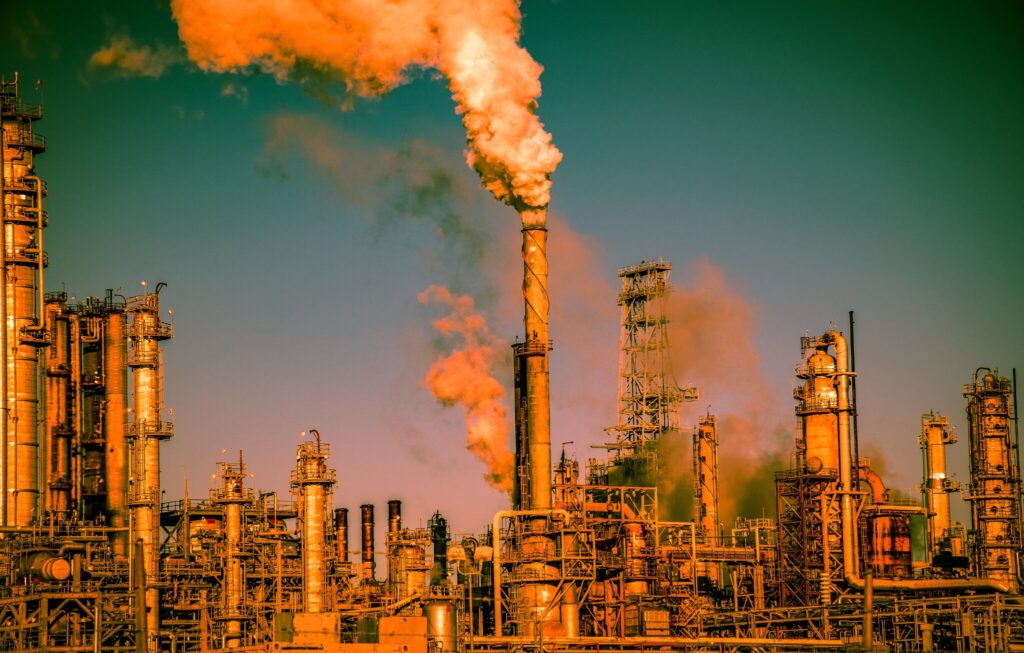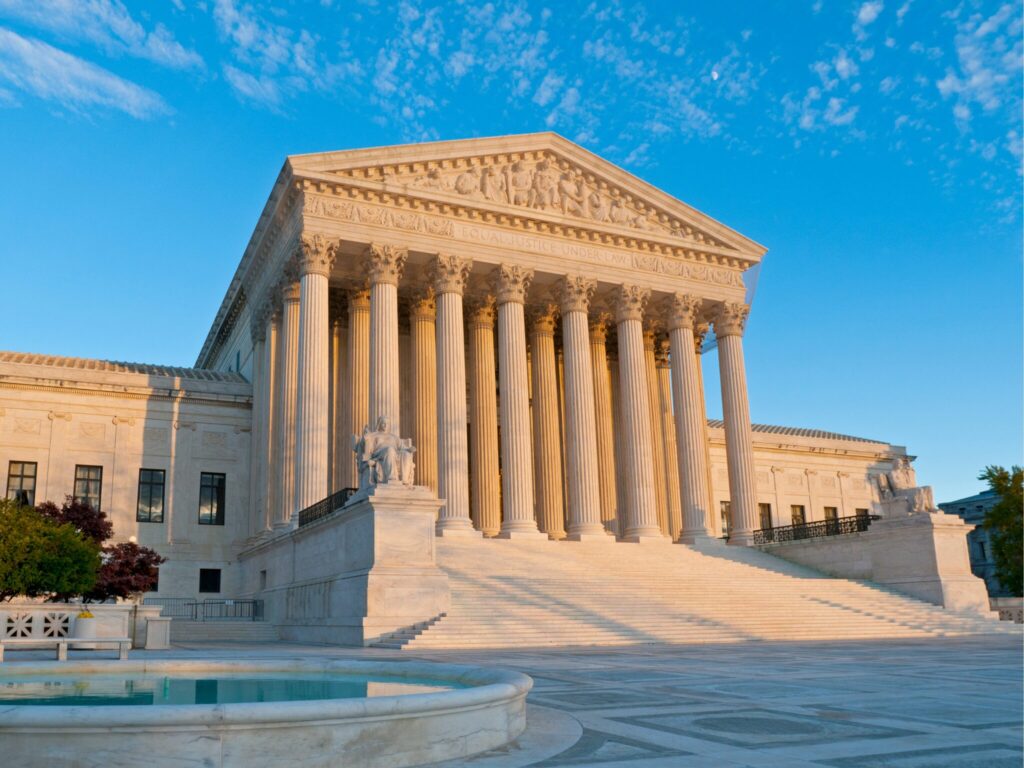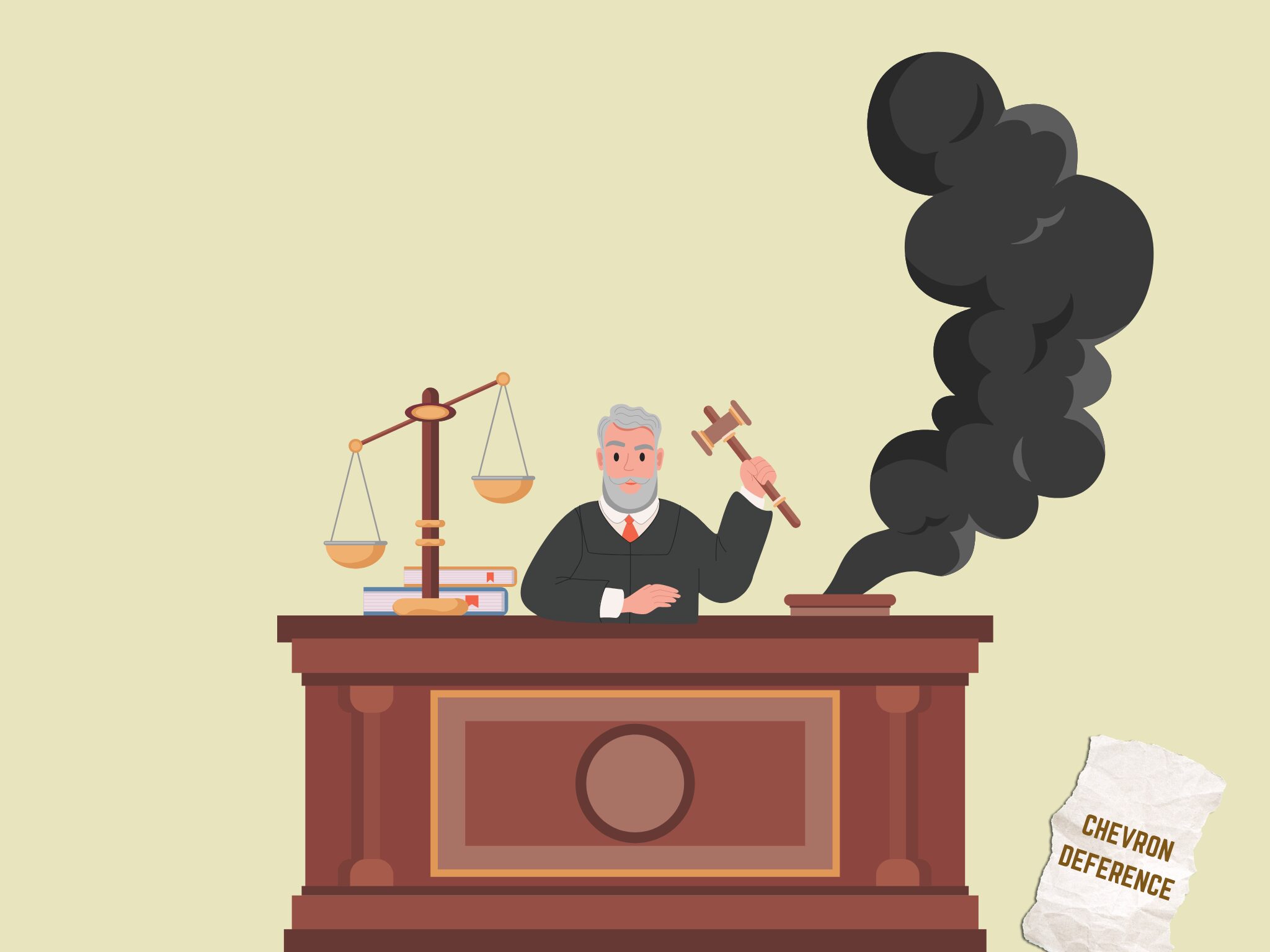Chevron Deference: Reversal of Landmark Supreme Court Decision Could Devastate Fisheries & Environmental Protections
5 Mins Read
As the US Supreme Court considers overturning the Chevron deference doctrine, thanks to pushback from fishing vessel operators, it could make regulating anything much more complicated – especially climate laws.
It’s been 40 years since Chevron USA, Inc. won a case against the Natural Resources Defense Council, which challenged the Ronald Reagan-era Environmental Protection Agency’s definition of “source” in the Clean Air Act.
It turned out to be a landmark decision that has influenced the US legal system ever since, setting a precedent that calls on judges to defer to federal agencies’ interpretation of ambiguous Congress laws, the idea being that these regulatory bodies have more expertise on such matters than a federal judge.
40 years on, and the doctrine that came to be known as Chevron deference might be on its way out, with a 6-3 Conservative majority in the Supreme Court hearing two cases from fishing vessel operators against the National Marine Fisheries Service (NMFS). A decision is expected by July, and it will have massive applications for regulation in the US, especially for climate legislation.
Why Chevron deference is key for climate action

Essentially, it’s boiling down to two cases against the NMFS by fishing companies led by New Jersey’s Loper Bright Enterprises and Rhode Island-based Relentless. The operators are appealing against a lower court ruling that mandates commercial fishing companies to pay for a government-run programme to monitor for overfishing.
The companies argue that Congress hasn’t authorised the NMFS, which is part of the commerce department, to authorise the initiative, and are asking the judges to overrule the Chevron doctrine. Loper Bright and Relentless have support from industry groups spanning e-cigarette manufacturers to gun owners, while their lawyers are backed by petrochemicals giant Charles Koch.
Critics of Chevron deference say it gives executive branches too much power, and allows courts to relinquish their authority to interpret the law, while proponents feel that without it, courts will be micromanaging issues that judges may have no expertise on.
So how does it affect climate action? For starters, if Relentless and Loper Bright win their cases, it will mean they don’t have to be financially accountable for checks against overfishing, which is a huge environmental problem. The practice, which could lead to a collapse of global fisheries by 2048, has wiped out fish populations, threatened endangered species, and dredged up marine ecosystems.
Since there are no pasture-fed equivalents for fish, it’s estimated that the total number of factory-farmed fish amounts to 111 billion. If Chevron doctrine is overturned, it would set a precedent for other fishing boat operators to escape having to pay for officials to monitor for overfishing.
More broadly, the move would weaken the government’s authority to introduce new regulations that target emissions reductions, climate change limitations, or bans on toxins. It would also put existing environmental pollution regulations at risk, and represent a win for fossil fuel companies like Koch’s, which have been looking to limit the EPA’s power on new regulations.
As explained by the New York Times, the EPA is drawing up new climate rules on cars and power plants this spring, but since it’s the agency – not the law – that details the technologies to be used, the scrapping of the Chevron deference would open the body up to a string of lawsuits.
Overturning Chevron deference would threaten food safety and health

“Chevron deference is key to [executive bodies’] survival, because climate regulation often turns on arcane, highly technical details and data that neither legislators nor courts are well-suited to understand,” climate editor Tim McDonnell writes for Semafor.
Overturning Chevron would mean judges are “buried in geoscience and engineering homework”, making it hard for them to make decisions on subjects they’re not experts on. McDonnell points out how the EPA’s proposed limitations on methane emissions would be among the first Biden regulations to face lawsuits.
But it’s not just the EPA that will be affected by the move in terms of climate change, of course. Agendas like the Securities and Exchange Commission’s upcoming rules for corporate carbon disclosures and the Treasury Department’s rules for clean energy tax credits under the Inflation Reduction Act will all be under fire legally.
There will be huge implications for food bodies like the USDA or FDA too. There are questions over what food safety would look like, if inspections of produce and meat are carried out by a judge with no expertise in the field instead – it would leave the possibilities of contaminated food and subsequent health issues open. And if a baby formula company’s products make infants sick, it might not be forced to shut down anymore.
It could also have an impact on the labelling of plant-based foods, especially dairy. In 2019, a Good Food Institute comment on the FDA’s labelling proposals argued that the regulation is “entitled to judicial deference under the Chevron doctrine”, but only if it’s a reasonable interpretation of the act’s legal requirement. “If, for example, FDA’s regulation could be interpreted to prohibit the use of a name that consumers commonly use to identify a product, such an interpretation may not be entitled to judicial deference, particularly in light of the First Amendment concerns described later in this petition.”
It’s still unclear what the outcome of this matter will be. It’s expected that the Conservative-heavy Supreme Court will curtail Chevron deference in some way. But the extent of that is still up in the air, whether that’s narrowing its reach to prohibit agencies from freely interpreting ambiguous laws, or an altogether overturning that would leave it to judges to decide on technical matters. It still might not matter for the biggest cases, with the Supreme Court not having invoked the doctrine for a few years now.
But it will still present major challenges for climate action, food safety and human health. The floodgates will open.




